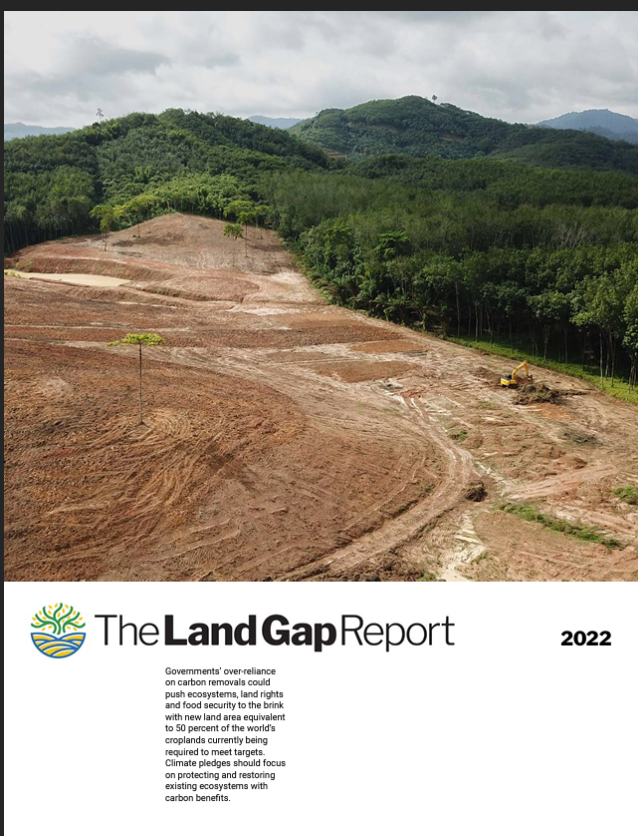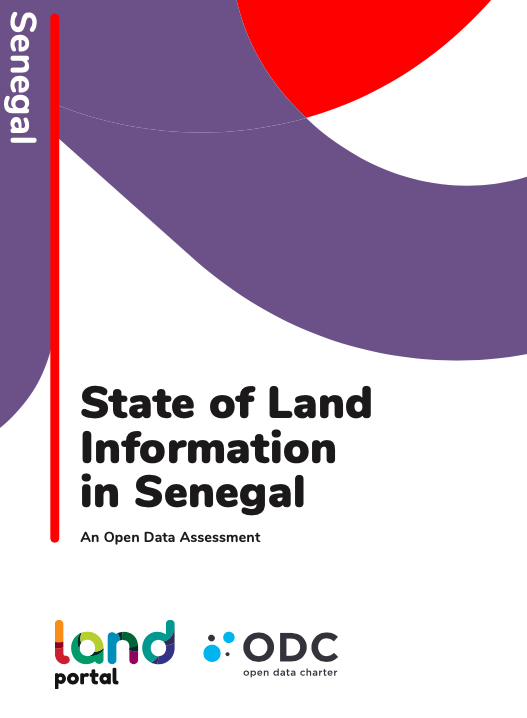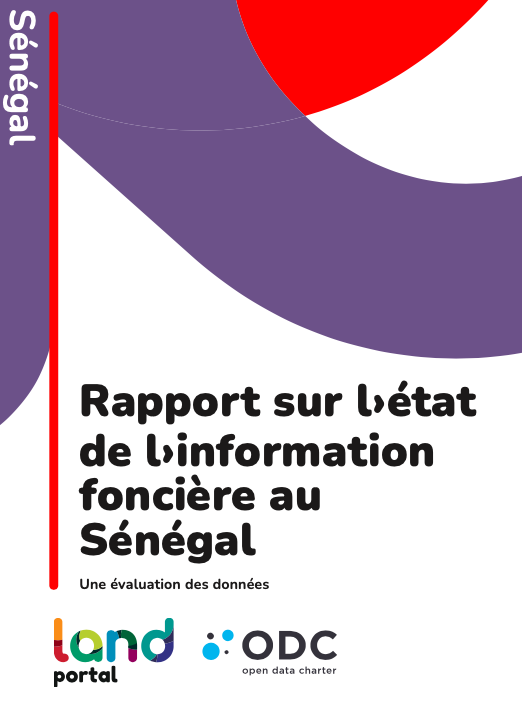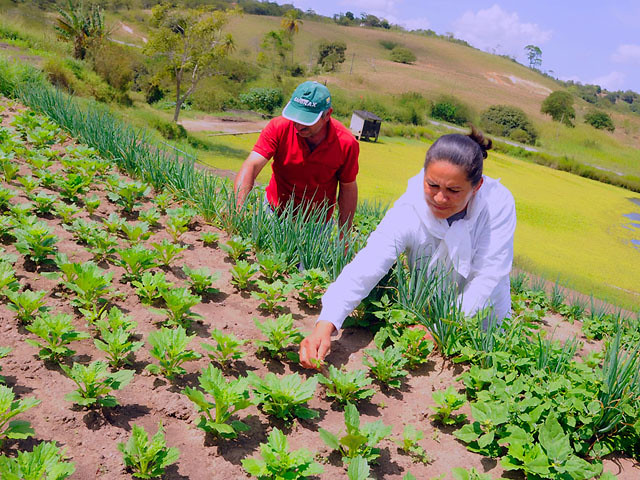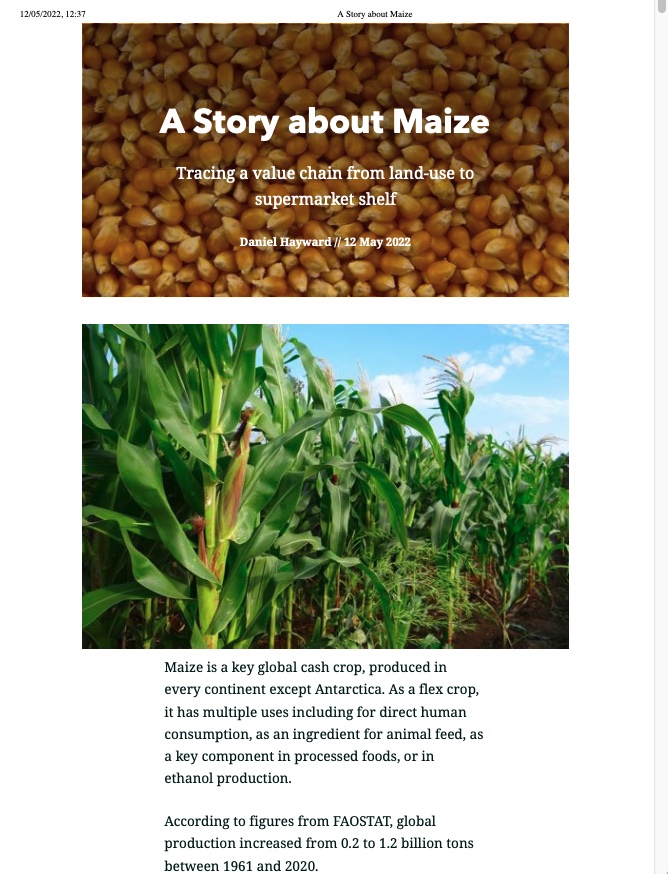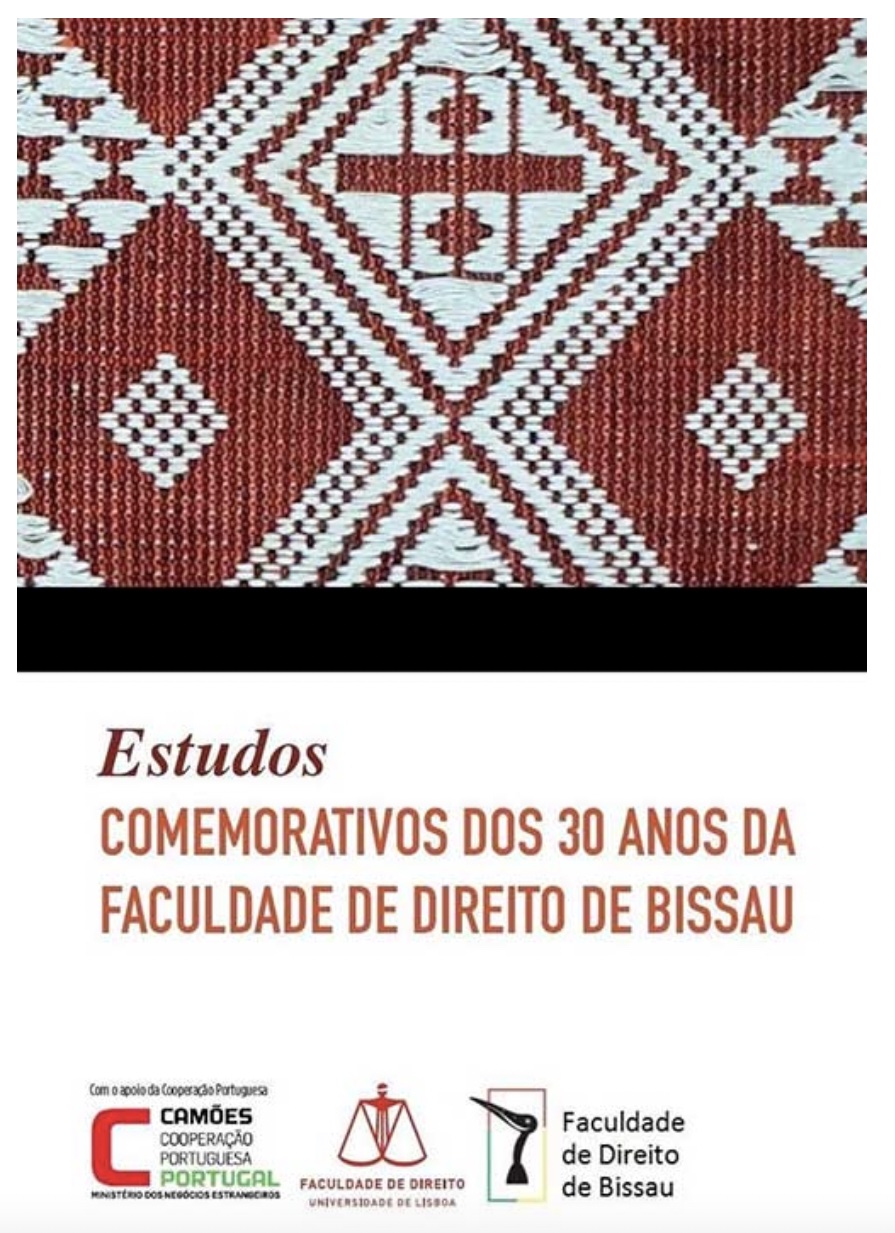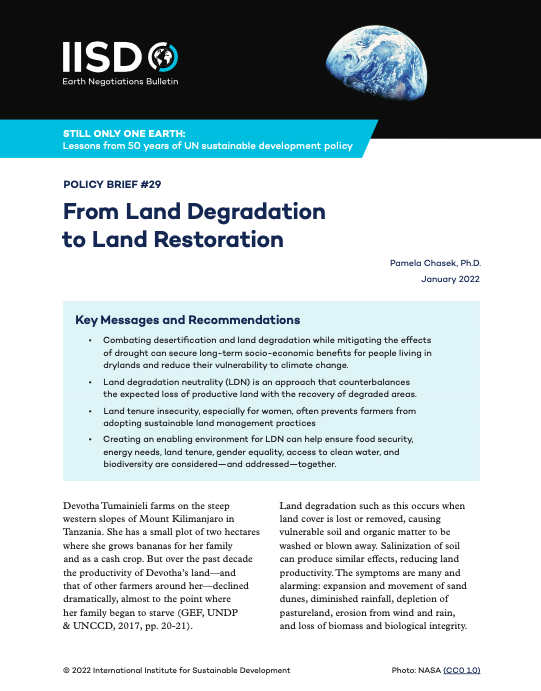The Land Gap Report
This report looks at how Governments are using land in climate pledges. An international team analyzed commitments made for years 2030, 2050, and 2060 — looking at individual pledges and the implications for land use. The data should be considered a first approximation. Many national plans are still vague. There is a need for much greater clarity in nationally determined contributions about land use – and greater realism on the limits of land for carbon dioxide removal purposes.

